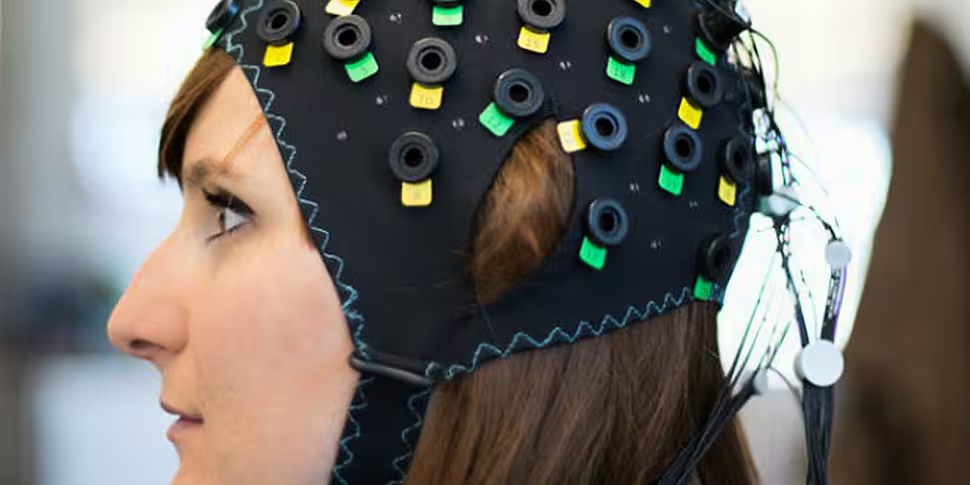Doctors have used a brain-computer interface to hold simple conversations with patients affected by Locked In Syndrome.
Four patients suffering from advanced amyotrophic lateral sclerosis (ALS) learned to answer personal questions and open questions - all of which required a ‘yes’ or ‘no’ response.
ALS is a progressive motor neuron disease that leads to complete destruction of the part of the nervous system responsible for movement.
A non-invasive brain-computer interface (BCI) detected people’s responses by measuring changes in blood oxygen levels in the brain.
Three patients completed more than 46 sessions spread over several weeks, and one patient completed 20 sessions.
The people involved communicated an above-chance-level correct response rate of over 70%.
The findings, published in PLOS Biology, overturn previous theories that people with complete Locked-In Syndrome lack the goal-directed thinking necessary to use a brain computer interface.
Professor Niels Birbaumer, a neuroscientist at the Wyss Centre for Bio and Neuroengineering in Geneva, is senior author of the paper.
He said: “The striking results overturn my own theory that people with complete locked-in syndrome are not capable of communication.
“We found that all four people we tested were able to answer the personal questions we asked them, using their thoughts alone.
“If we can replicate this study in more patients I believe we could restore useful communication in completely locked-in states for people with motor neuron diseases.”
The question ‘Are you happy?’ resulted in a consistent ‘Yes’ response from the four people, repeated over weeks of questioning.
Professor Niels Birbaumer examines the brain computer interface | Image: The Wyss Centerwysscenter.ch
Prof Birbaumer added: “We were initially surprised at the positive responses when we questioned the four completely locked-in participants about their quality of life.
“ All four had accepted artificial ventilation in order to sustain their life when breathing became impossible so, in a sense, they had already chosen to live.
“What we observed was as long as they received satisfactory care at home, they found their quality of life acceptable.
“It is for this reason, if we could make this technique widely clinically available, it would have a huge impact on the day-to-day life of people with complete locked-in syndrome”.
While Professor John Donoghue, director of the Wyss Centre, said: “Restoring communication for completely locked-in people is a crucial first step in the challenge to regain movement.
“The Wyss Centre plans to build on the results of this study to develop clinically useful technology that will be available to people with paralysis resulting from ALS, stroke or spinal cord injury.
“The technology used in the study also has broader applications that we believe could be further developed to treat and monitor people with a wide range of neuro-disorders.”










